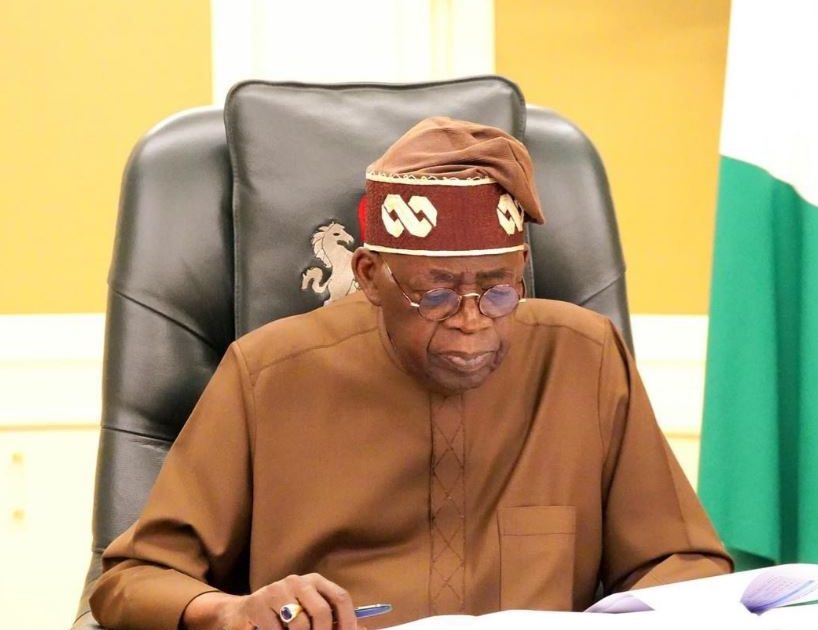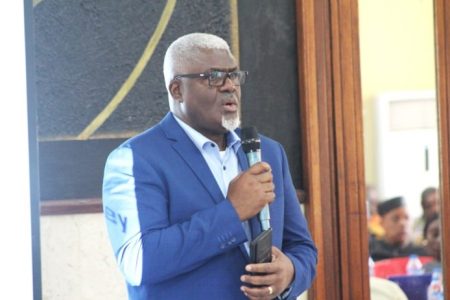The Federal Executive Council (FEC) of Nigeria, presided over by President Bola Tinubu, recently approved a significant loan package amounting to approximately $618 million for the Nigerian Air Force to acquire six fighter aircraft along with necessary ammunition. The Minister of Information and National Orientation, Mohammed Idris, made this announcement during a press briefing following a council meeting in Abuja. This decision reflects the ongoing efforts to enhance Nigeria’s military capabilities, especially in the face of growing security challenges. The loan forms part of a broader initiative, as the Air Force has previously announced plans to procure 24 M-346 combat jets and 10 AW109 Trekker helicopters, positioned as a crucial component of its fleet renewal strategy with delivery of the first jets expected by early 2025.
In conjunction with military expenditures, the FEC also allocated a substantial N740 billion for the rehabilitation of the Berger stretch of the Abuja-Kano road, signaling a commitment to improving infrastructure. The Minister of Information indicated that this was one of several approvals granted during the meeting, which included contracts for the Nigerian Customs Service and agreements aimed at curbing double taxation with jurisdictions such as Hong Kong and Botswana. The approval to tackle taxation aims to streamline revenues and help foster stronger economic relationships, demonstrating the government’s focus on creating a more efficient tax environment in the context of international cooperation and investment.
Amid these developments, the FEC also approved the formation of the Creative Economy Fund, spearheaded by the Minister of Arts, Culture, Tourism and Creative Economy, Hannatu Musawa. This initiative seeks to enable access to funding for creative professionals who can leverage their intellectual property as collateral. Musawa emphasized the existing gaps in structure and funding within Nigeria’s creative sector and highlighted commitments from financial institutions such as Afreximbank to kickstart this fund. The initiative is not only tasked with providing financial resources but also aims to bolster Nigeria’s creative economy by creating job opportunities for the youth while expanding cultural and economic horizons.
The meeting also addressed ongoing infrastructure projects, with the Minister of Works, Dave Umahi, elaborating on major rehabilitation efforts, particularly concerning road construction across the country. Umahi provided updates on projects including the Shagamu-Benin road, various sections of the Abuja-Kano route, and the long-stalled Oyo-Ogbomoso road, which has remained inactive for nearly two decades. He reiterated that the government is adopting a phased approach for project completions, organizing projects based on available funding and the pressing necessity for infrastructure development to effectively support economic growth and accessibility.
Moreover, the council discussed measures to alleviate infrastructure-related challenges posed by current economic conditions, including inflation and fluctuating exchange rates. Umahi presented a plan for advanced payment mechanisms to help contractors manage costs better and complete projects efficiently. He clarified that while the Procurement Act allows for up to 30% advance payments, actual payment schedules are often misunderstood, creating challenges in project mobilization. This strategic oversight aims to adapt infrastructure projects to economic realities and support timely execution.
In response to Nigeria’s ongoing fuel crisis, the Federal Executive Council emphasized transitioning fuel stations across the nation to compressed natural gas (CNG) dispensing stations. The Minister of State for Petroleum Resources, Ekperikpe Ekpo, elucidated the advantages of CNG as a more affordable and environmentally-friendly fuel alternative. Additionally, educational initiatives were also in focus, with plans to print one million science textbooks for public secondary schools in an effort to address educational deficiencies in critical subjects. This move is seen as vital for enhancing Nigeria’s technological and engineering competencies in the global landscape, thereby further underscoring the government’s commitment to both security and development through comprehensive socioeconomic planning.














